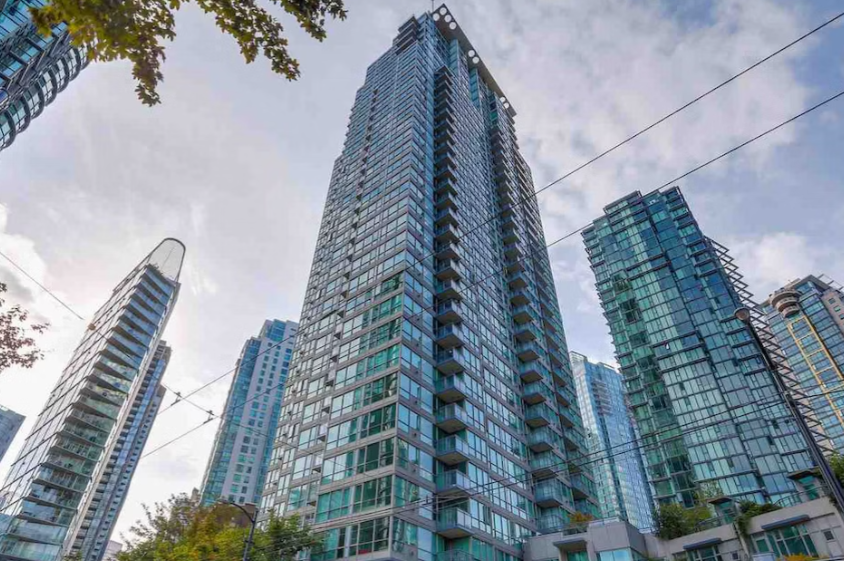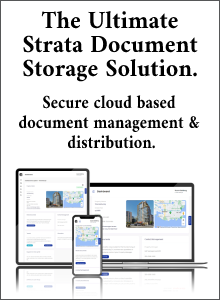
Understanding Bylaw Enforcement
Understanding Bylaw Enforcement: A Guide for Strata Corporations in BC
In the world of strata corporations in beautiful British Columbia, bylaw enforcement is a critical aspect of maintaining harmony and order within a community. Whether you’re a strata council member, an owner, or a tenant, it’s essential to be well-versed in the basics of bylaw enforcement to avoid costly legal battles and ensure a fair and consistent living environment. In this article, we’ll explore the fundamental principles of bylaw enforcement and the procedures outlined in the Strata Property Act.
The Importance of Fair and Consistent Bylaw Enforcement
The Courts have increasingly shown impatience with imperfect bylaw enforcement procedures by Strata Councils. Unfair, unlawful, or inconsistent enforcement can lead to expensive litigation. To stay out of trouble, strata corporations must ensure that their bylaw enforcement is fair, consistent, procedurally compliant, and effective.
According to sections 4, 26, and 31 of the Strata Property Act, it is the duty of the Strata Corporation to enforce the bylaws fairly and evenly, honestly, and in good faith, with a view to the best interests of the strata corporation.
Steps in the Enforcement Process
The following steps should be taken by parties in dealing with complaints of alleged bylaw and rule violations. If the alleged offender is a strata council member, that member must excuse themselves from the complaint process, unless all strata lot owners are on the strata council.
Here’s a summary of the procedure:
Receiving a Complaint: The process begins when the council receives a complaint that a bylaw has been breached. This complaint can come from anyone, including council members, strata managers, tenants, or government officials. It’s preferable to receive or confirm the complaint in writing for proper documentation.
Sending a Notice of Bylaw Complaint: Once a complaint is received, the council decides whether to send out a written Notice of Bylaw Complaint to the owner or tenant accused of breaching the bylaws. This notice should include reasonable particulars of the complaint and provide the owner or tenant with a reasonable opportunity to respond in writing or request an in-person hearing before the council.
Validating Bylaw Compliance: Before sending out a Notice of Bylaw Complaint, the council must be confident that the bylaw being enforced is valid and enforceable. This involves ensuring that the bylaw has been properly amended, if necessary.
Council Meeting: After receiving a response or when the response time expires, a council meeting is convened to consider the allegations, submissions, and make a determination on the alleged bylaw breach. During this meeting, council members go ‘in-camera’ to discuss the bylaw issue. Only council members, the strata manager, and the Strata Corporation’s lawyer should be present. If the breach is corrected, the strata council may decide not to take any further steps or the strata council may proceed with further enforcement.
Making Determinations: Council must make determinations by majority vote on whether the evidence shows that one or more bylaws were breached and, if so, determine the penalty to be imposed for each contravention. Penalties may include warnings, directions to correct the breach, fines, or restricted access to facilities. If the strata council decides to proceed with enforcement, it must give the alleged offender a reasonable opportunity to respond to the complaint, including an opportunity to respond at a hearing at a strata council meeting, if requested. (Strata Property Regulation 7.2 defines hearing as “an opportunity to be heard in person at a council meeting” for the purposes of Section 135 (1) (e) of the Strata Property Act).
Notifying the Parties: After a decision is made, council must promptly send a letter to the owner and/or tenant advising them of the decision and any imposed penalties. This decision is also recorded in the meeting minutes, which are then distributed to all owners.
Note: the strata council may give the alleged rule or bylaw offender a warning at any time before proceeding with other enforcement options. Bylaws and rules are unenforceable if they contravene the Strata Property Act, the Human Rights Code or other enactment or law.
Seeking Legal Advice When Necessary
There are situations where seeking legal advice is crucial:
- The Strata Council is unfamiliar with bylaw enforcement procedures
- A resident disputes allegations or threatens legal action
- Bylaw enforcement is being used for harassment
- Bylaw breaches pose serious concerns
- Bylaws are unclear, controversial, or possibly invalid
- Bylaws no longer reflect the will of the ownership
- Historically, bylaws haven’t been enforced fairly or consistently
By understanding the basics of bylaw enforcement and following the procedures outlined in the Strata Property Act, strata corporations can maintain a harmonious and well-regulated community while avoiding unnecessary legal entanglements. When in doubt, seeking legal advice can help ensure that bylaw enforcement is carried out effectively and in compliance with the law.
In conclusion, bylaw enforcement is an essential part of strata living in British Columbia. Staying informed and following the correct procedures can help maintain a fair and consistent living environment for all strata owners and tenants. So, remember the keyword ‘bylaw enforcement’ and make sure your strata corporation is on the right track!
Not Legal Advice - The material provided on the StrataPress website is for general information purposes only. It is not intended to provide legal advice or opinions of any kind and may not be used for professional or commercial purposes. No one should act, or refrain from acting, based solely upon the materials provided on this website, any hypertext links or other general information without first seeking appropriate legal or other professional advice. These materials may have no evidentiary value and should be checked against official sources before they are used for professional or commercial purposes. Your use of these materials is at your own risk.






